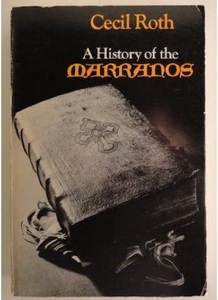NAMES ANALYSIS REPORT
You searched for:"Assayag",
Here's what we found
The English meaning of Assayag is Goldsmith, jeweller.
The name Assayag is of Arabic origin.
There are many indicators that the name Assayag may be of Jewish origin, emanating from the Jewish communities of Spain and Portugal.
When the Romans conquered the Jewish nation in 70 CE, much of the Jewish population was sent into exile throughout the Roman Empire. Many were sent to the Iberian Peninsula. The approximately 750,000 Jews living in Spain in the year 1492 were banished from the country by royal decree of Ferdinand and Isabella. The Jews of Portugal, were banished several years later. Reprieve from the banishment decrees was promised to those Jews who converted to Catholicism. Though some converted by choice, most of these New-Christian converts were called CONVERSOS or MARRANOS (a derogatory term for converts meaning pigs in Spanish), ANUSIM (meaning "coerced ones" in Hebrew) and CRYPTO-JEWS, as they secretly continued to practice the tenets of the Jewish faith.
Our research has found that the family name Assayag is cited with respect to Jews & Crypto-Jews in at least 5 bibliographical, documentary, or electronic references:
Sephardic names from the magazine "ETSI". Most of the names are from (but not limited to) France and North Africa. Published by Laurence Abensur-Hazan and Philip Abensur.
ETSI (a Paris-based, bilingual French-English periodical) is devoted exclusively to Sephardic genealogy and is published by the Sephardi Genealogical and Historical Society (SGHS). It was founded by Dr. Philip Abensur, and his professional genealogist wife, Laurence Abensur-Hazan. ETSI's worldwide base of authors publish articles identifying a broad spectrum of archival material of importance to the Sephardic genealogist. A useful feature of ETSI is the listing, on the back cover, of all Sephardic family names, and places of origin, cited in the articles contained in each issue
From the records of Bevis Marks, The Spanish and Portuguese Congregation of London
Bevis Marks is the Sephardic synagogue in London. It is over 300 years old and is the oldest still in use in Britain.The Spanish and Portuguese Jews' Congregation of London has published several volumes of its records: they can be found in libraries such as the Cambridge University Library or the London Metropolitan Archive
A History of the Marranos, by Cecil Roth.
The expulsion of the Jews from Spain in 1492 by the infamous decree of King Ferdinand and Queen Isabella was the culmination of a series of anti-Jewish persecutions throughout the 14th and 15th centuries in which thousands of Jews were massacred. Thousands of others converted in order to escape death. After the expulsion many more joined the ranks of these "new Christians" as an alternative to exile. A large number of converts, while outwardly professing Christianity, secretly continued to practice Judaism. These Marranos, as they were popularly known, were then mercilessly persecuted by the dreaded Inquisition which through tortures of forced confessions and auto-da-fes sent thousands to the stake. Many others managed to escape to countries outside the reach of the Inquisition where they created a widespread Marrano diaspora. Thousands of Marranos have survived even into our times. This seminal work by the eminent historian traces the tribulation of these secret Judaizers as well as the fate of those who succeeded in escaping to other lands where many of them rose to prominence in various fields of endeavor.
Genealogia Hebraica: Portugal e Gibraltar (Genealogy of the Hebrews: Portugal & Gibraltar), by Jose Maria Abecassis.
This is a genealogical masterpiece written in Portuguese concerning Sephardic families from Portugal and Gibraltar. There are five volumes that provide genealogical information on families that in fact lived on the west part of the Mediterranean basin and not only Portugal and Gibraltar. The work contains a list of names of Sephardic families that returned to Portugal and Gibraltar after hundreds of years of expulsion. It has also a very rich photographic documentation.
Dicionario Sefaradi De Sobrenomes (Dictionary of Sephardic Surnames), G. Faiguenboim, P. Valadares, A.R. Campagnano, Rio de Janeiro, 2004
A bilingual (Portugese/English)reference book of Sephardic surnames. Includes New Christians, Conversos, Crypto-Jews (Marranos), Italians, Berbers and their history in Spain, Portugal and Italy. Contains over 16,000 surnames presented under 12000 entries, with hundreds of rare photographs, family shields and illustrations.It also contains a 72-page summary of Sephardic history, before and after the expulsion from Spain and Portugal, as well as a 40-page linguistic essay about Sephardic names, including an interesting list of the 250 most frequent Sephardic surnames. The period covered by the dictionary is of 600 years, from the 14th to the 20th century, and the area covered includes Spain and Portugal, France, Italy, Holland, England, Germany, Balkans, Central and Eastern Europe, the former Ottoman Empire, Morocco, Algeria, Tunisia, Libya, Egypt, Iraq, Yemen, Syria, Lebanon, Israel, North America, Central America and the Caribbean, South America and more.
Around the 12th century, surnames started to become common in Iberia. In Spain, where Arab-Jewish influence was significant, these new names retained their old original structure, so that many of the Jewish surnames were of Hebrew derivation. Others were directly related to geographical locations and were acquired due to the forced wanderings caused by exile and persecution. Other family names were a result of conversion, when the family accepted the name of their Christian sponsor. In many cases, the Portuguese Jews bear surnames of pure Iberian/Christian origin. Many names have been changed in the course of migration from country to country. In yet other cases "aliases", or totally new names, were adopted due to fear of persecution by the Inquisition.




